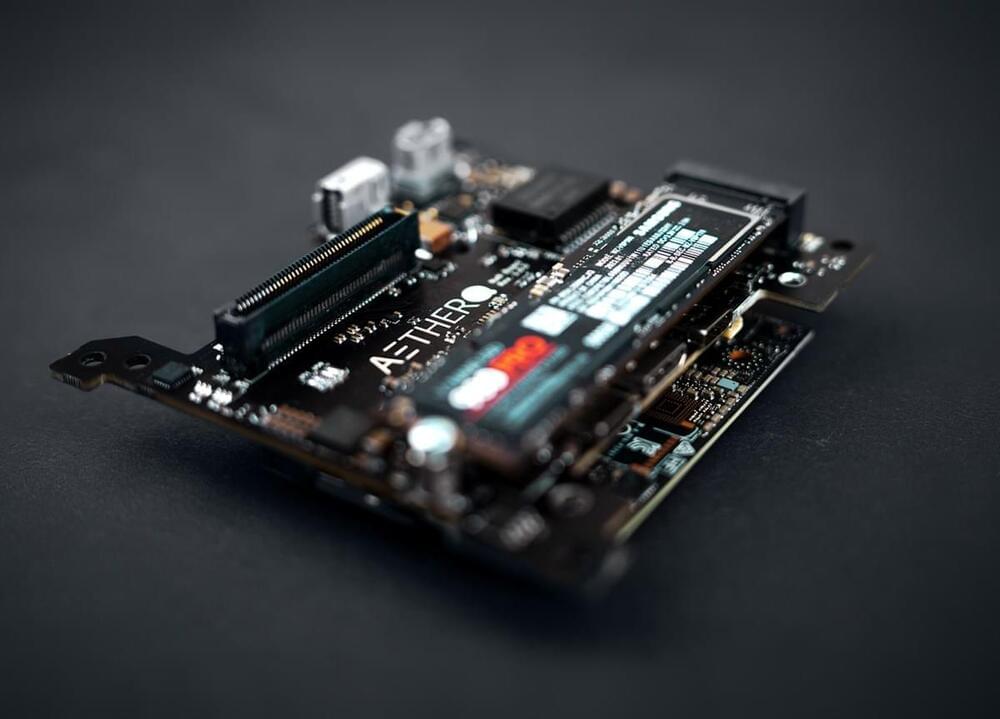Sophisticated spacecraft often run on shockingly outdated computing systems: consider that the Perseverance rover runs on a PowerPC 750, the processor famous for running on iMacs in the late 1990s.
San Francisco-based Aethero is aiming to bring more powerful computing systems to orbit, and their first payload launches this month on SpaceX’s Transporter-11 rideshare mission. The computer, a small, stackable MVP called AetherNxN that’s built on an Nvidia Orin processor, will be getting extra protection from a new radiation shielding material that the product’s developers, Cosmic Shielding Corporation (CSC), say could help unlock a new era for computing in space.
Today, electronics in space are protected from harmful radiation in two ways. They’re physically shielded, using some combination of materials like aluminum and tantalum, and they’re radiation hardened, which generally means that they’re designed in ways that increase their tolerance to radiation exposure. The AetherNxN computer is rad-hardened, but adding CSC’s shielding “enables us to bring that AI-capable of hardware into space and have it operate under these very hostile conditions,” Aethero cofounder Edward Ge said in a recent interview.
